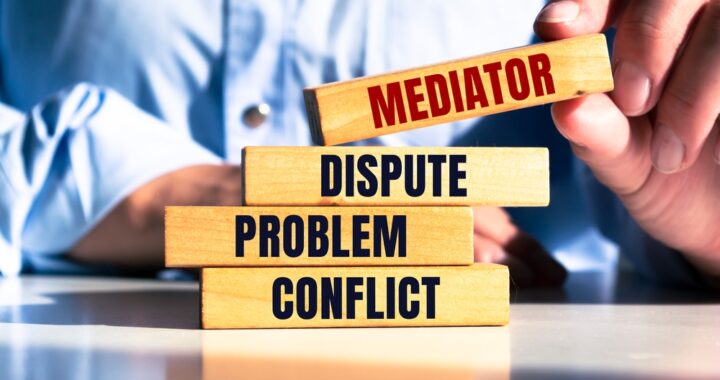When you are in a dispute, one of the first things you want to look at is the dispute resolution provision(s) in your contract. What does the provision(s) say? (There could be more than one provision.) Do you need to mediate first? Are disputes decided via arbitration or litigation? Is there a venue provision? Is there a waiver of jury trial? Is there an attorney’s fees provision? Is there a choice of law provision? You want to know this BEFORE you proceed with escalating the dispute. Not following the dispute resolution provision(s) can have consequences. Below is an example.
In Pesantes v. Kelley, 50 Fla. L. Weekly D519a (Fla. 3d DCA 2025), a residential buyer and residential seller were in a dispute. The parties entered into an as-is residential contract. The contract included a dispute resolution provision that required the parties to mediate their disputes and if they were unable to settle through mediation, then the parties could litigate their dispute. There was also a prevailing party attorney’s fees provision that stated, “In any litigation permitted by this Contract, the prevailing party shall be entitled to recover from the non-prevailing party costs and fees, including reasonable attorney’s fees, incurred in conducting the litigation.” Pesantes, supra.
The buyer filed a lawsuit against the seller for negligence without complying with the pre-suit mediation requirement. The seller did not move to compel mediation. The seller, instead, responded claiming the dispute was governed by the contact and demanded prevailing party attorney’s fees per the contract. Months later, the buyer dismissed the lawsuit and the seller moved for prevailing party attorney’s fees. The trial court denied the motion. The appellate court confirmed based on the language in the dispute resolution provision(s):
[T]he right to prevailing party attorney’s fees in litigation of a claim ‘arising out’ the Contract is triggered, (i.e., ‘permitted’) only where the parties have participated in the pre-suit mediation required by paragraph 16 and have reached an impasse (i.e., “not settled’) at such pre-suit mediation.
In other words, the Contract specifically limits fee entitlement to the prevailing party in lawsuits ‘permitted by’ the Contract. Had the Contract’s drafters intended for a broader application of fee entitlement – that is, for a prevailing party in any lawsuit ‘arising out’ of the Contract to be entitled to fees—the drafters would have included the same, broad “arising out of’ language that the drafters employed in paragraph 16. They did not, and this Court is powerless to rewrite the parties’ agreement.
Pesantes, supra (internal citations omitted).
Please contact David Adelstein at dadelstein@gmail.com or (954) 361-4720 if you have questions or would like more information regarding this article. You can follow David Adelstein on Twitter @DavidAdelstein1.

 There are important provisions in your
There are important provisions in your